
Liam Sweeny has just re-released his first novel, Anno Luce, into the world. I've read it and thoroughly enjoyed it, so I wanted to ask Liam some questions about it. Here's what he had to say.
Tell me about your book.
Anno Luce is about the return of Jesus (in the book, Yashua King). I wanted to focus on realism with it. Yashua is a character, aside from who he is. He doesn’t exist in a vacuum of religious dogma, and those who come to believe that he’s the returned Jesus go through much doubt and scepticism. There’s something for everyone in the book; humour, contemporary culture, current events and controversy. Though it’s considered Christian fiction, it doesn’t read like that.
What was your motivation for writing it?
When Hurricane Katrina hit, in the days following, I felt tremendous emotion for the people trapped and displaced. And when I heard certain televangelists (who shall remain nameless) say that God used Katrina to punish a sinful city, I had to write a book in which Jesus could confront people who would say such things in his name. But about ten pages in, the story took a life of its own.
How long did it take you to complete?
It took four weeks of writing time, seven weeks total (I spent three weeks in Louisiana in between).
What's your favourite part of the creative process?
I like getting in that zone where I have my coffee by my hand, the cigs aplenty and a scene and a voice that are just coming out of me. That opening line; that opening paragraph. The first interchange of dialog that sets the tone between characters.
How much difference does an editor make?
An editor makes all the difference. I never realized that until I had an editor. Authors write from what is in their head, and what is their style. But, while both are important, you can’t always make people see what’s in your head, and your style, however good it may be, can confuse people. Above all, you want a book that people will want to read. An editor makes that possible. Editors are readers with an expertise on what readers expect, and can accept.
Tell me about your book.
Anno Luce is about the return of Jesus (in the book, Yashua King). I wanted to focus on realism with it. Yashua is a character, aside from who he is. He doesn’t exist in a vacuum of religious dogma, and those who come to believe that he’s the returned Jesus go through much doubt and scepticism. There’s something for everyone in the book; humour, contemporary culture, current events and controversy. Though it’s considered Christian fiction, it doesn’t read like that.
What was your motivation for writing it?
When Hurricane Katrina hit, in the days following, I felt tremendous emotion for the people trapped and displaced. And when I heard certain televangelists (who shall remain nameless) say that God used Katrina to punish a sinful city, I had to write a book in which Jesus could confront people who would say such things in his name. But about ten pages in, the story took a life of its own.
How long did it take you to complete?
It took four weeks of writing time, seven weeks total (I spent three weeks in Louisiana in between).
What's your favourite part of the creative process?
I like getting in that zone where I have my coffee by my hand, the cigs aplenty and a scene and a voice that are just coming out of me. That opening line; that opening paragraph. The first interchange of dialog that sets the tone between characters.
How much difference does an editor make?
An editor makes all the difference. I never realized that until I had an editor. Authors write from what is in their head, and what is their style. But, while both are important, you can’t always make people see what’s in your head, and your style, however good it may be, can confuse people. Above all, you want a book that people will want to read. An editor makes that possible. Editors are readers with an expertise on what readers expect, and can accept.
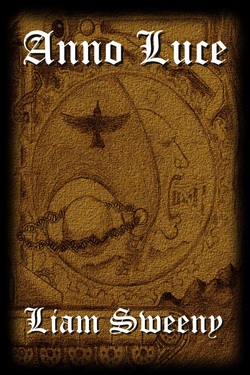
What are your views on e-book pricing?
E-book pricing is a touchy subject. The reason, in my mind, that it’s so tricky is that, while there will probably never be an objective pricing standard among independent authors, there is an objective ‘number of sales’ — it is a number of e-books sold. I’ll give an example; author A and author B write a similarly-sized book in the same genre, both books equally good, and both authors put in an equal amount of effort in marketing. Author A sets the e-book price at $5.99, and author B sets their price at $0.99. Author B will sell more copies, due only to price. Now if there was an equal author C who gave their book away for free, they would ‘sell’ the most copies. It becomes a race to the bottom.
Setting various levels of e-book pricing can be considered a marketing tool, but if ‘e-book only’ authors want to make a living as authors, some consensus around e-book pricing needs to be reached; otherwise, it’s the wild, wild, west.
How do you feel about interviews?
I like interviews. I’m a loudmouth. But even if someone isn’t, they’re important. People want to know about the person who writes a book they enjoyed, or might be interested in buying. Anything to promote interaction.
How do you feel about reviews?
They’re more important to authors than readers think. Many readers pick up a book on Amazon, read it, like it and don’t take that last step to go back to Amazon and say a quick word about it. Reviews tell sellers like Amazon that a book should be moved up in the ranks.
In terms of detailed reviews, good or bad, they’re still bringing attention to the book. So they’re always good. But it’s more difficult, I think, getting people to review longer books.
Thanks, Liam. Anno Luce is available from Amazon in the UK and in the US.
E-book pricing is a touchy subject. The reason, in my mind, that it’s so tricky is that, while there will probably never be an objective pricing standard among independent authors, there is an objective ‘number of sales’ — it is a number of e-books sold. I’ll give an example; author A and author B write a similarly-sized book in the same genre, both books equally good, and both authors put in an equal amount of effort in marketing. Author A sets the e-book price at $5.99, and author B sets their price at $0.99. Author B will sell more copies, due only to price. Now if there was an equal author C who gave their book away for free, they would ‘sell’ the most copies. It becomes a race to the bottom.
Setting various levels of e-book pricing can be considered a marketing tool, but if ‘e-book only’ authors want to make a living as authors, some consensus around e-book pricing needs to be reached; otherwise, it’s the wild, wild, west.
How do you feel about interviews?
I like interviews. I’m a loudmouth. But even if someone isn’t, they’re important. People want to know about the person who writes a book they enjoyed, or might be interested in buying. Anything to promote interaction.
How do you feel about reviews?
They’re more important to authors than readers think. Many readers pick up a book on Amazon, read it, like it and don’t take that last step to go back to Amazon and say a quick word about it. Reviews tell sellers like Amazon that a book should be moved up in the ranks.
In terms of detailed reviews, good or bad, they’re still bringing attention to the book. So they’re always good. But it’s more difficult, I think, getting people to review longer books.
Thanks, Liam. Anno Luce is available from Amazon in the UK and in the US.
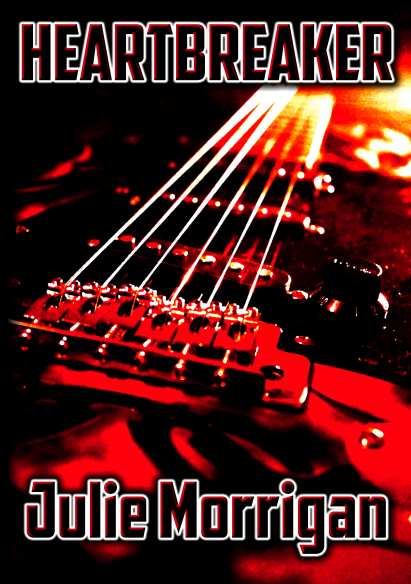
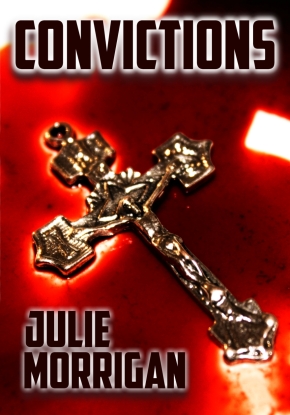
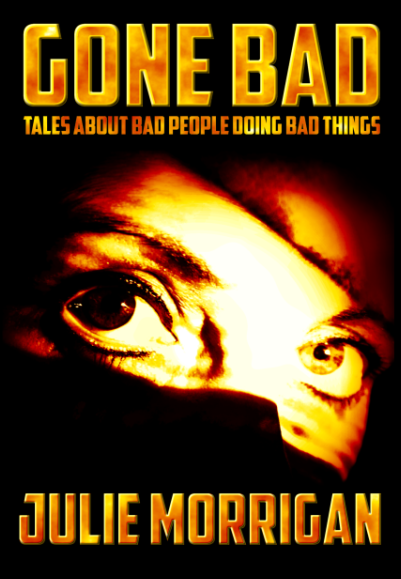
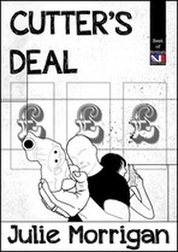
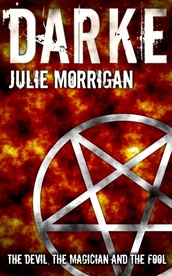
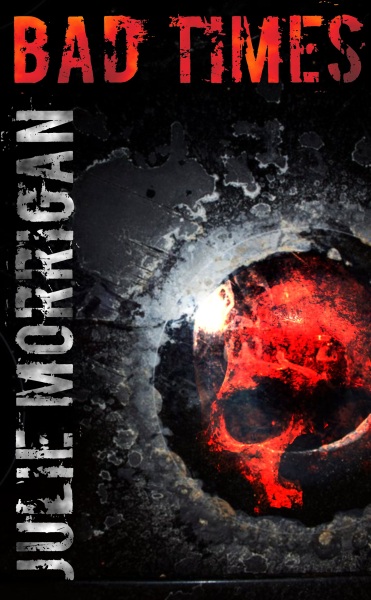
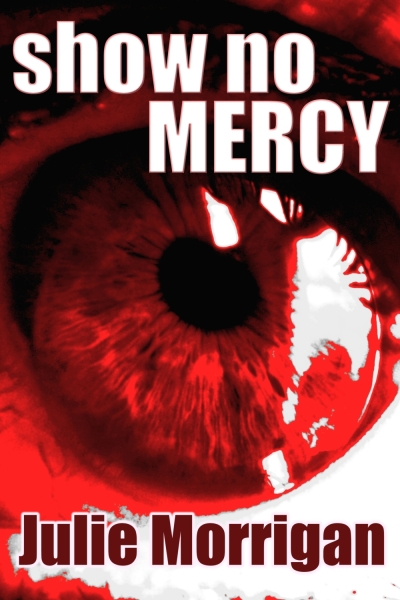
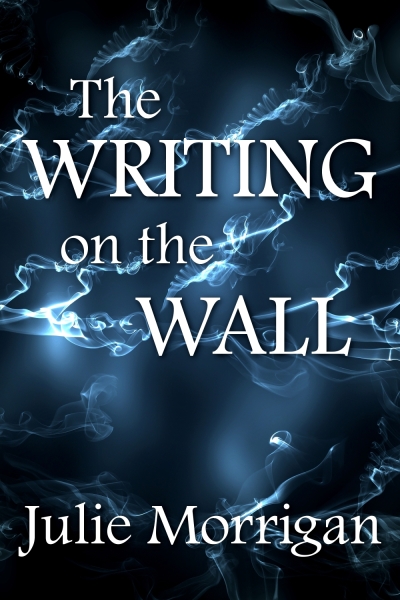
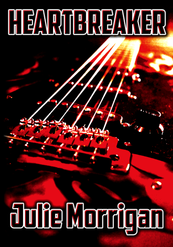
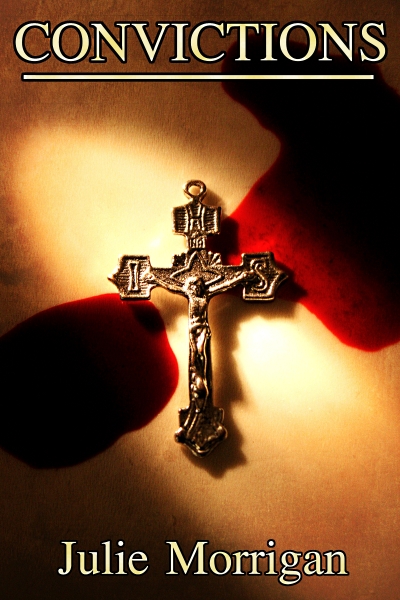
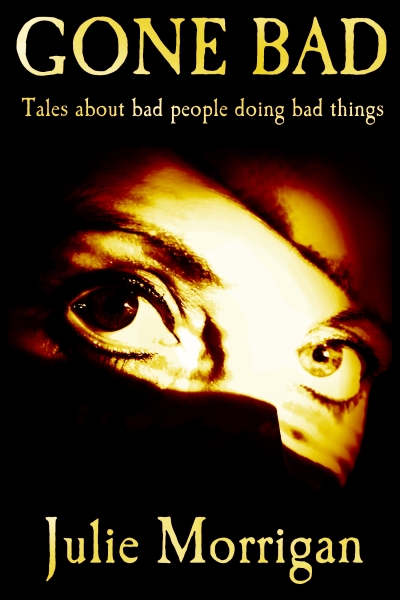
 RSS Feed
RSS Feed
